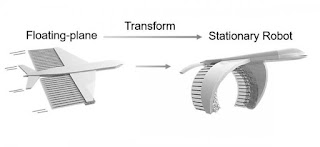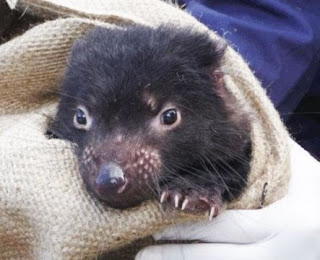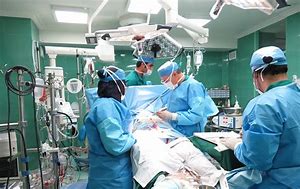MIT AI Expert Uses AI To Save Lives

MIT's New AI System Mirai Transforming Mammograms Source: Stock AI, Mammograms & MIT's Regina Barzilay From a Cancer Diagnosis to a Potentially Breakthrough, New AI This is the story of an MIT artificial intelligence expert who turned her personal challenge with breast cancer into a new AI system that can predict the dreaded disease up to 5 years before it occurs. Forecasting the disease so far in advance enables possible early intervention, treatment and prevention. The new AI could benefit millions of people. About 8 years ago, MIT's Regina Barzilay endured the brutal side effects of chemotherapy, radiation and 2 lumpectomies to overcome her cancer. When she returned to work at MIT, she decided to use her AI expertise to battle breast cancer and save lives. Brand New AI System Barzilay has designed and developed an AI system called Mirai that predicts breast cancer up to five years before there is a...






